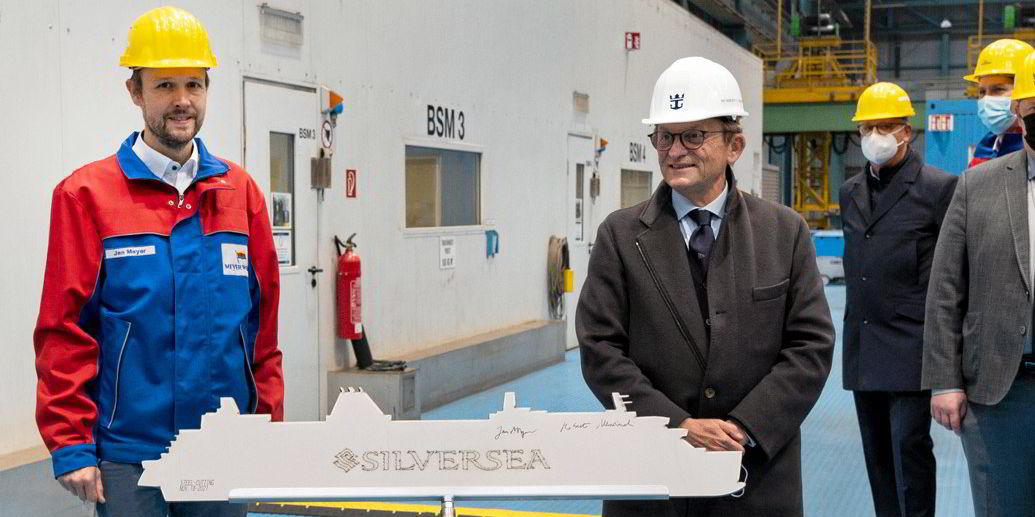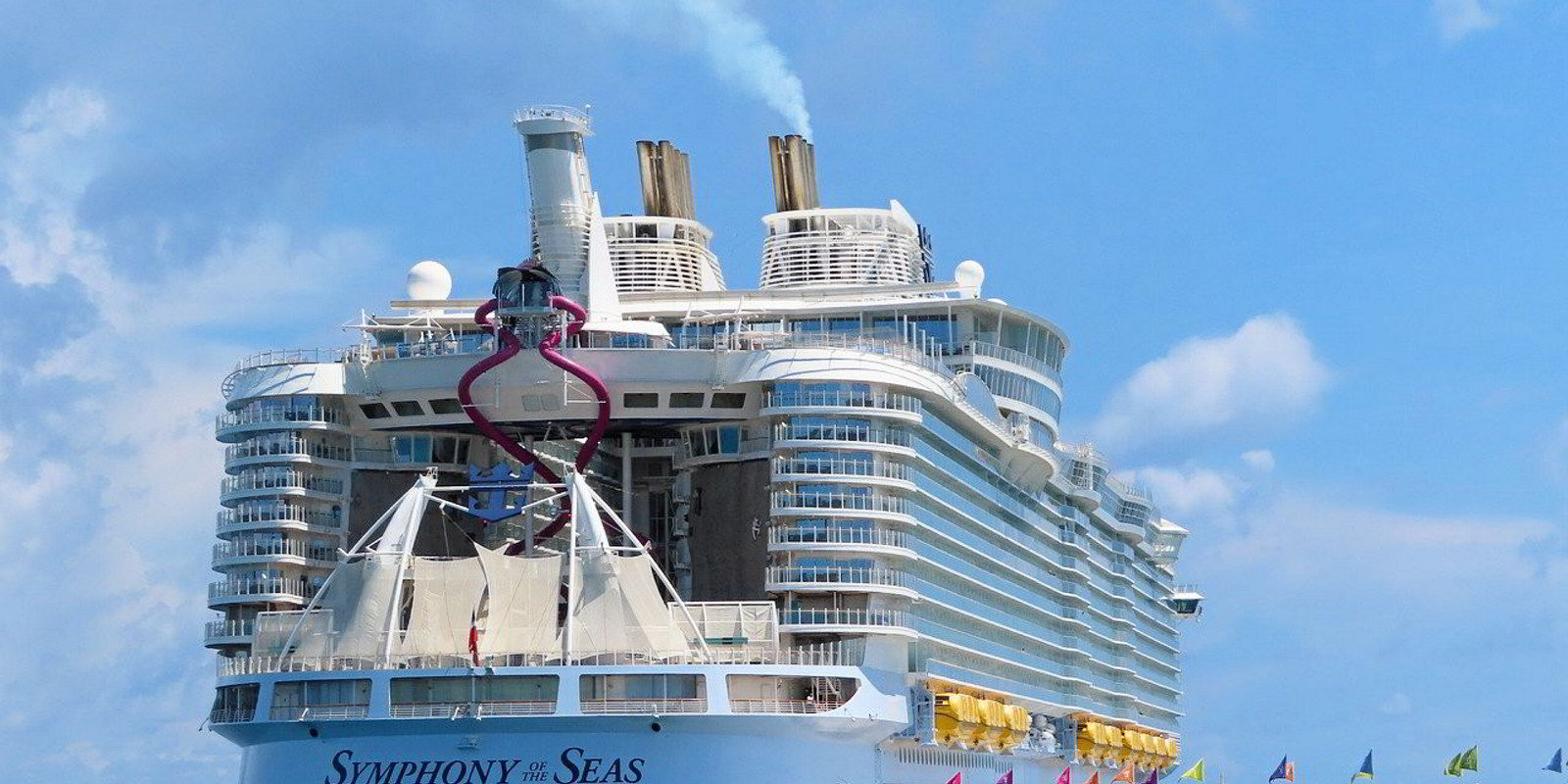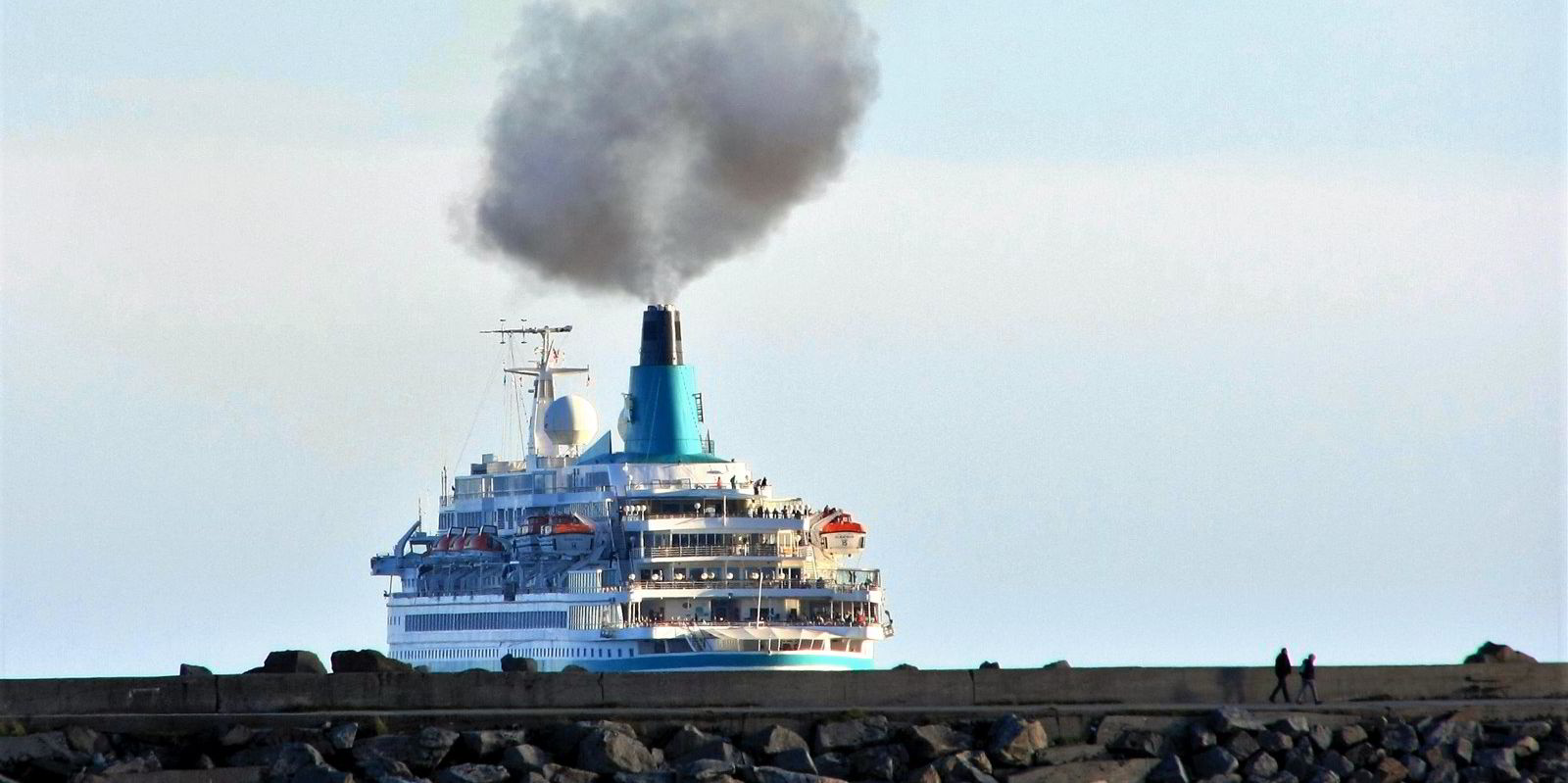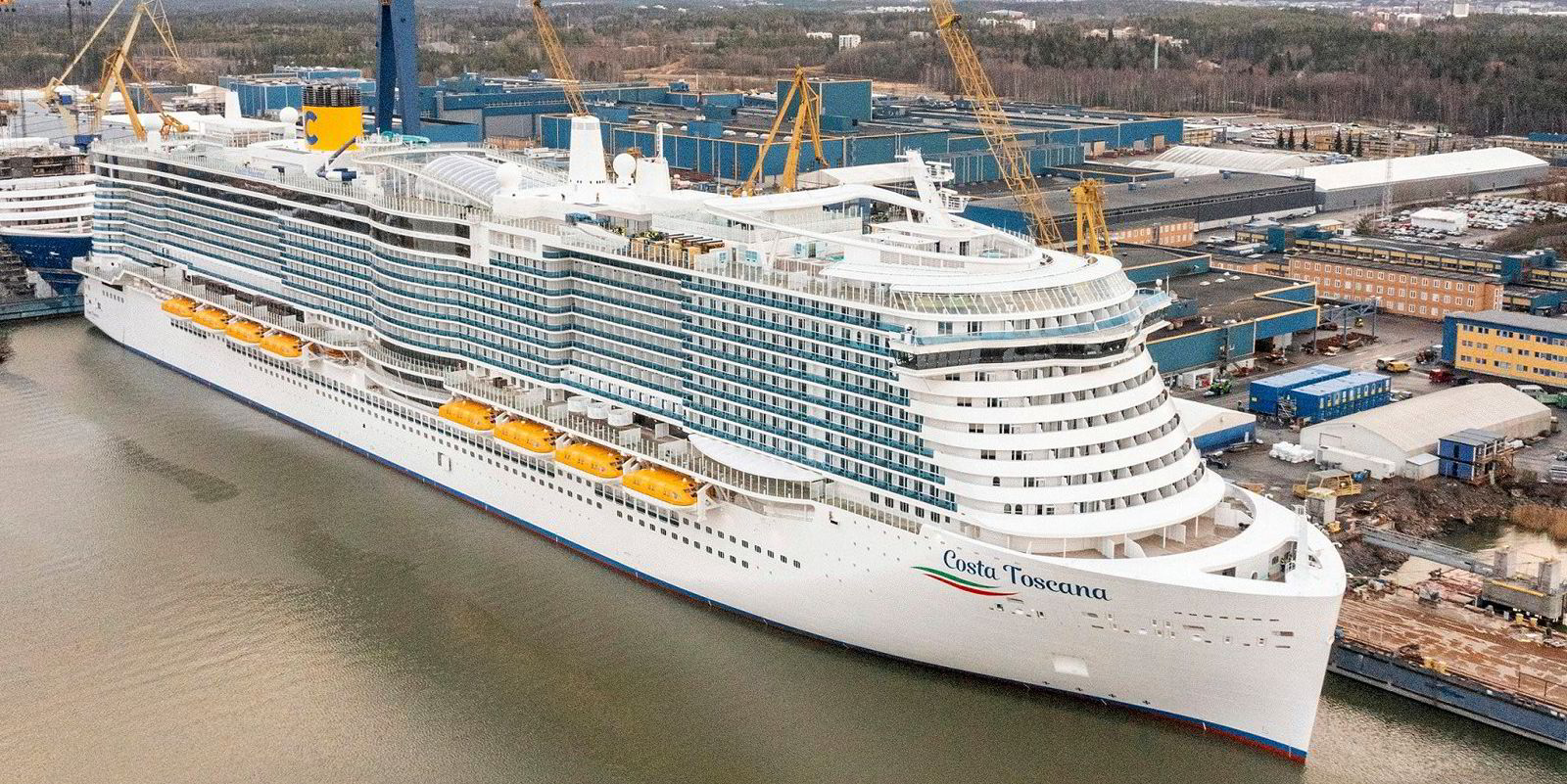The cruise industry is largely silent about its plans to comply with upcoming carbon intensity rules, but it has set its sights on improving the efficiency of its existing fleet and eliminating CO2 emissions in the coming decades.
Carnival chief executive Arnold Donald told analysts on a recent conference call of its "leadership" efforts to "accelerate decarbonisation".
Last June, the IMO adopted an Energy Efficiency Existing Ship Index that will require vessels to meet current Energy Efficiency Design Index standards for newbuildings.
It will also monitor emissions through an annual Carbon Intensity Indicator that will rate vessel efficiency between A and E, and put ships rated D and E outside the minimum standard.
The IMO will subject all vessels, including cruise ships, to these standards on 1 January 2023 and rate them a year later.
The New York-listed owner of 91 ships plans to add 11 new LNG-powered vessels by 2025 and has scrubbers on three-quarters of its fleet.
It is seeking to power future vessels for its AIDA Cruises and Costa Cruises brands with fuel cells and batteries, so that they have non-fossil fuel shore-power capabilities. And it plans to replace 19 older, less-efficient ships with environmentally friendly units.
Donald described the adoption of LNG as a marine fuel as a positive step but not an "ultimate solution" for shipping. The company's wider efforts include optimisation and technology upgrades to its "existing fleet".
"Now, while there is no known answer to zero-carbon emissions in our industry at this time, we are working to be part of the solution," he told analysts.
New York-listed rival Royal Caribbean Group — which owns 60 passenger ships — lists four initiatives under its Destination Net Zero strategy that seeks to hit zero carbon by 2050.
Perhaps the most ambitious is to add a new LNG-powered vessel — which will run off emission-free fuel cells and batteries while in port — to its 10-ship Silversea Cruises brand next year.
Construction of the 728-berth Silver Nova at Meyer Werft's Papenburg shipyard in northern Germany began last November as part of the brand's Project Evolution newbuilding project.
String of initiatives

Silversea is slated to take delivery of a sistership to the Silver Nova in 2024.
Royal Caribbean also plans to bring in 11 other new energy-efficient and alternatively fuelled vessels over time, and to invest further in carbon-reduction solutions while figuring out how best to meet the International Maritime Organization's Efficiency Existing Ship Index (EEXI) and Carbon Intensity Indicator goals.
"We are also working with our classification society to formalise the calculation result and seek further advice to improve and be in compliance effective [from] 2023," spokeswoman Janet Diaz told TradeWinds.
Royal Caribbean will install overridable power limiters on some ships to meet EEXI requirements while implementing fuel-saving techniques that include speed control and route optimisation.
Carnival Corp
- Number of ships: 91
- Market share: 37.1%
Royal Caribbean Group
- Number of ships: 60
- Market share: 21.2%
Norwegian Cruise Line Holdings
- Number of ships: 28
- Market share: 12.6%
MSC Cruises
- Number of ships: 18
- Market share: 6.5%
Norwegian Cruise Line Holdings has publicly listed several initiatives focused on reaching zero emissions, including buying carbon credits to offset 3m tonnes of CO2 over three years, starting last year.
It has also partnered the Cruise Lines International Association (CLIA) to set up a $5bn research and development fund focused on removing CO2 emissions from shipping.
Norwegian has signed the CLIA's commitment to reduce carbon emissions by 40% by 2030.
MSC Cruises, which owns 17 ships, is eyeing LNG and other alternative fuel sources.
The company, which is owned by container ship giant Mediterranean Shipping Co, expects to take delivery of the LNG-powered, 5,000-passenger MSC World Europa from Chantiers de l'Atlantique in December this year.
The owner of 18 ships plans to receive two more LNG-powered vessels from the French shipbuilder: the 5,200-passenger MSC Euribia in 2023 and a yet-to-be-named vessel in 2025.
It is also looking to run future ships on fuel cells and hydrogen to complement its active fossil-fuelled ships that are fitted with exhaust gas scrubbers.





